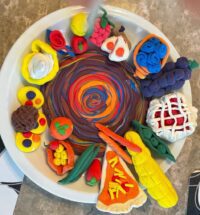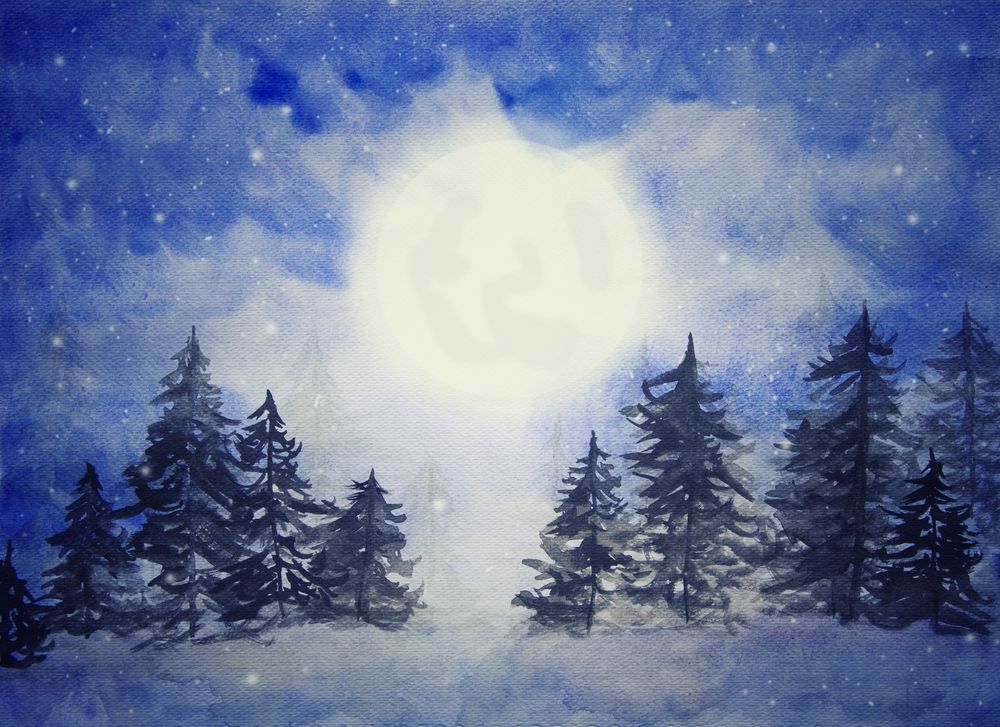Grief During the Holidays
Foods, decorations, and traditions can be comforting, but they can also be deeply painful to those grieving a death.
by Nancy Frumer Styron, PsyD, J.D.
Traditionally, November marks the start of the holiday season for those who celebrate in this country. Family get-togethers, recipes shared, remembering things to be grateful for; it all sounds warm, cozy, and meaningful, but it can be difficult when there has been a death in the family. There is often an expectation that people be celebratory, but that is not how some feel. Foods, decorations, and traditions can be comforting, but they can also be deeply painful to those grieving a death. It triggers plenty of questions and emotions––Do we try and keep things the same when they are not? How do we feel sitting at a table with an empty place? Who will carve the turkey? And this is just the beginning of the season. There are still other holidays; there may be anniversaries of deaths during this time.
Some elements may remind you of the person who died and how things would not be the same without them. Acknowledging your feelings about the holidays can give you and your family a chance to think about certain events or days that might be more difficult for you and to discuss how you can best support each other. Sometimes the days leading up to the holiday and not the day itself may come with some stress and anxiety. It is often the day after a holiday that feels lonely and empty. Knowing this in advance doesn’t necessarily make it better, but it can be helpful so that you are not surprised if this is what happens. Be sure to include the children in your planning since they also miss the person who died and may have ideas about special holiday activities that would be meaningful to them. For so long in the western world, people did not truly consider that children and teens grieved, so when holidays came around, the goal was to “make it happy for the children.”
Rituals and routines help us plan. Others outside the family may have ideas about what should be done, but it is really up to the immediate family. With so many traditions and expectations surrounding the holiday season, the loss of an important person in your life may be felt even more intensely. It may help to have backup plans or to let friends and family know ahead of time that you may need to leave a gathering if you feel overwhelmed. Different members of the family may not all feel the same way. Communicate with each other.

Sometimes making a dish that was their favorite is enough. Find a recipe that the person who died liked to make or eat. Work as a family to make the food together. Try to give each family member a specific job, but don’t force it if someone doesn’t want to participate. Share the memory of food at your holiday meal.
It’s vital to permit ourselves to do what feels suitable for ourselves and our families. While it’s good to plan to cope with grief during this time of year, we must also remember to be flexible and take care of ourselves. Be gentle with yourself and each other.
Consider what new and old traditions might be meaningful to you. It may be comforting to participate in holiday traditions you shared with the person who died, but you may also decide you want to take a break from traditions or create new ones. It can be helpful to talk together to see if there are ways to honor the person that feels meaningful to you, such as setting a special plate aside, decorating a unique ornament, volunteering, or donating a gift in their memory to charity. There is no right way to do this, but opening up conversations, sharing ideas and giving yourself and others some space and grace to be with whatever feelings are there.
Remember that there are many layers of grief, from sadness to beautiful memories, and the pressure from the holiday season may add more so that self-care and doing what you need is still a way to honor the person who died.



